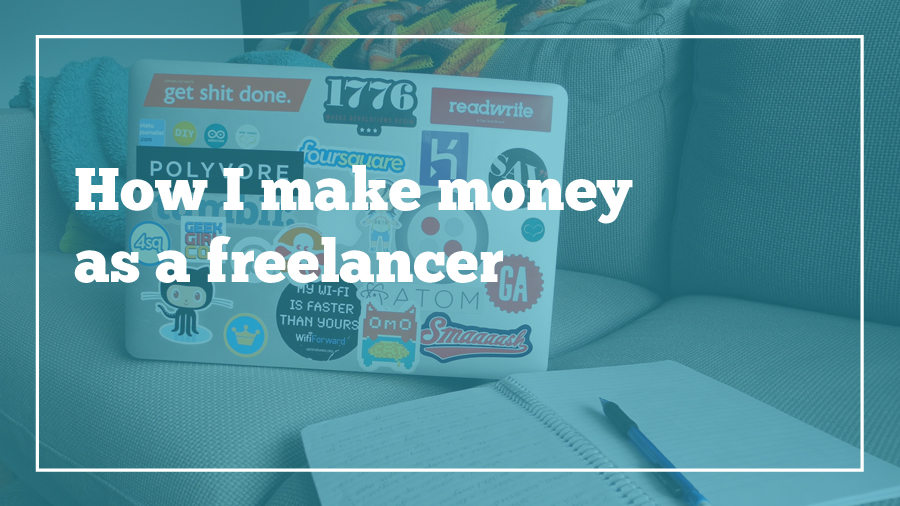- My friend (and college classmate) Tessa wrote about the way she is treated as a geek girl today compared to her experiences as a geeky high school boy.
- Masques and Murder is a name-your-own-price game about avenging your family as a Renaissance-era noblewoman, and it sounds fantastic.
- Budgeting for the self-employed, because we can never have enough resources about how to live a full life with inconsistent income.
- I just read Ship It, an amazing screenplay about a teen girl who becomes the PR rep for a show that sounds mysteriously like Supernatural. It’s tightly written, funny, and painfully true for anyone who’s ever been a part of slash fandom.
- Nation’s Students Brace for ‘That Person’ in Japanese Class. Anime Maru needs to stop writing posts about me. Seriously, Japanese class is dorkier the longer I stick with it. Now that I’m at the 200 level, I’ve seen fellow students wear Survey Corps jackets to class.
- New Manga Focuses on 29-Year-Old Women Drinking Beer. A manga featuring characters about my age? And booze? Bring it to the US!
- How to pretend to be happy on the Internet. A guide to showing your best self on social media. Written by my friend Selena, this is so earnest and wonderful.
- 38 Tips to Save Money While Traveling in Japan. Next year, I plan to test some of these out first hand!
Photo of Powergrid board game by me.






